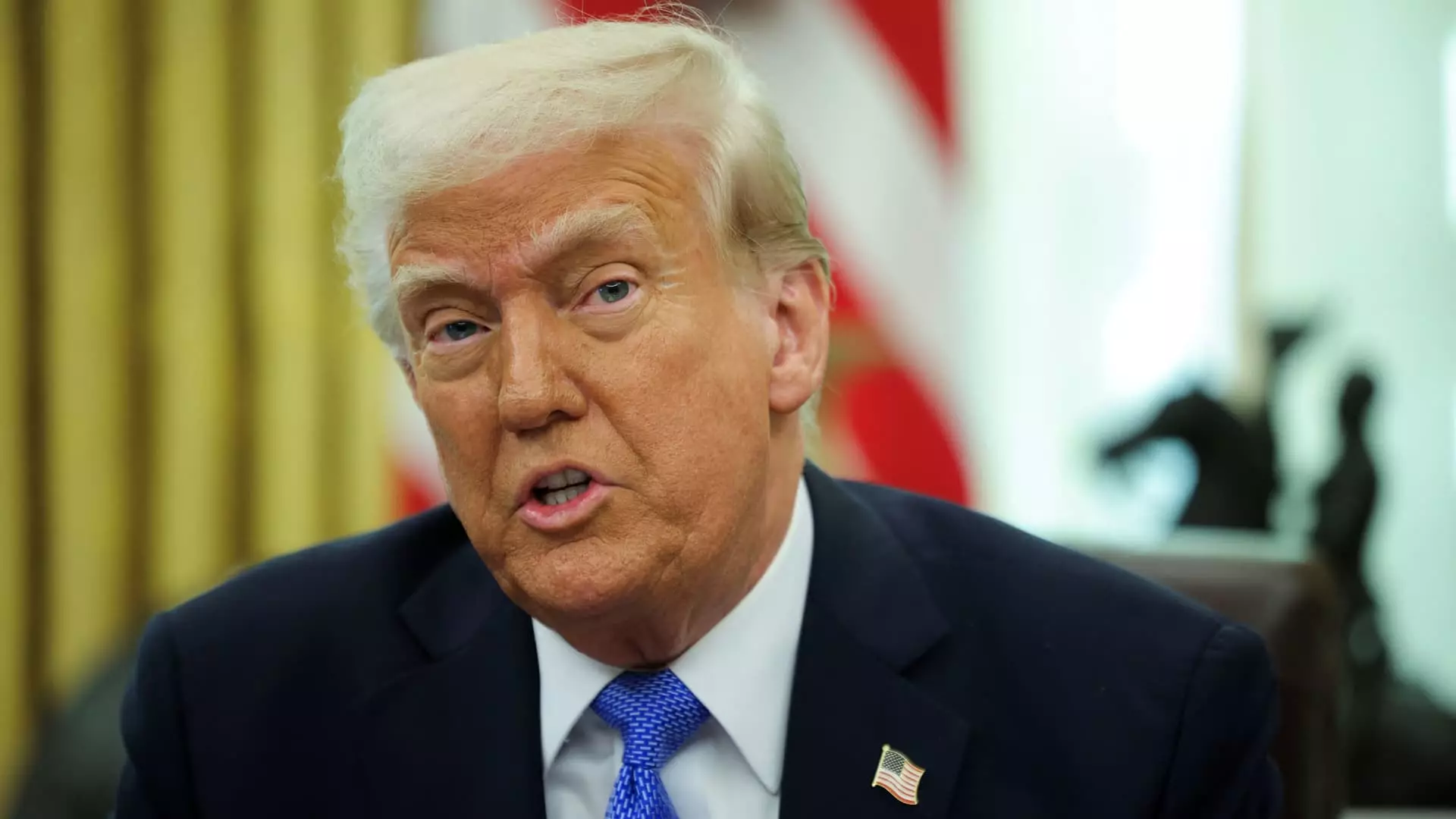In a striking announcement, President Trump declared that the Small Business Administration (SBA) will handle the nation’s federal student loan portfolio, a shift that could carry dire consequences for millions of borrowers. This move not only raises eyebrows but also ignites debates about whether the SBA is equipped to manage such a colossal and complex task. With student debt exceeding a staggering $1.6 trillion, this sudden transition suggests a reckless disregard for the nuances of educational finance that the U.S. Department of Education has historically managed. Transferring such responsibilities without comprehensive planning could lead to chaos rather than clarity, leaving borrowers in a lurch.
Potential Risks to Borrowers’ Rights
The implications for borrowers are troubling. Consumer advocates have voiced legitimate concerns about privacy and potential errors that could arise during the mass transfer of loan accounts. What happens if sensitive information is mishandled, or if accounts are inaccurately recorded? The chilling potential for operational missteps diminishes the few protections that current borrowers have. While Trump assures us that existing terms and conditions for student loan repayment will remain unchanged, the reality is that the agency tasked with their management will play a key role in how effectively these protections are enforced. Throwing the oversight responsibility to an agency ill-equipped for the task can undermine borrowers’ rights and lead to widespread chaos.
The Illogic of Agency Selection
Critics highlight the sheer absurdity of choosing the SBA over the Treasury Department, which possesses relevant experience in debt collection through existing frameworks like the Treasury Offset Program. Experts stress that a move to the SBA, an agency historically focused on small business support, seemingly overlooks the complexities involved in administering a multi-faceted student loan system. It raises serious questions about the federal government’s commitment to education and borrowers when it opts for an agency that may lack the specialized knowledge required to manage education loans effectively.
Experiential Disconnect
Moreover, the decision reflects a significant disconnect between the White House and the realities faced by student loan borrowers. The 40 million Americans who hold federal loans are not merely numbers on balance sheets; their lives are deeply affected by these financial obligations. Handing oversight to an agency that has no connection to higher education risks reducing borrowers to mere statistics, presenting a troubling façade of neglect. The implications extend far beyond accounting; they could compromise the integrity and effectiveness of important programs like Public Service Loan Forgiveness.
In a landscape already fraught with challenges surrounding student debt, the last thing we need is another reckless decision that could lead to further confusion and distress. It’s clear that any substantive reform would be better off in the hands of an agency that understands the direct ramifications on everyday Americans striving for education and economic mobility. As this debate continues, one can only hope for a rational approach that genuinely prioritizes the needs of borrowers over political expediency.

